Seo Basic Principles
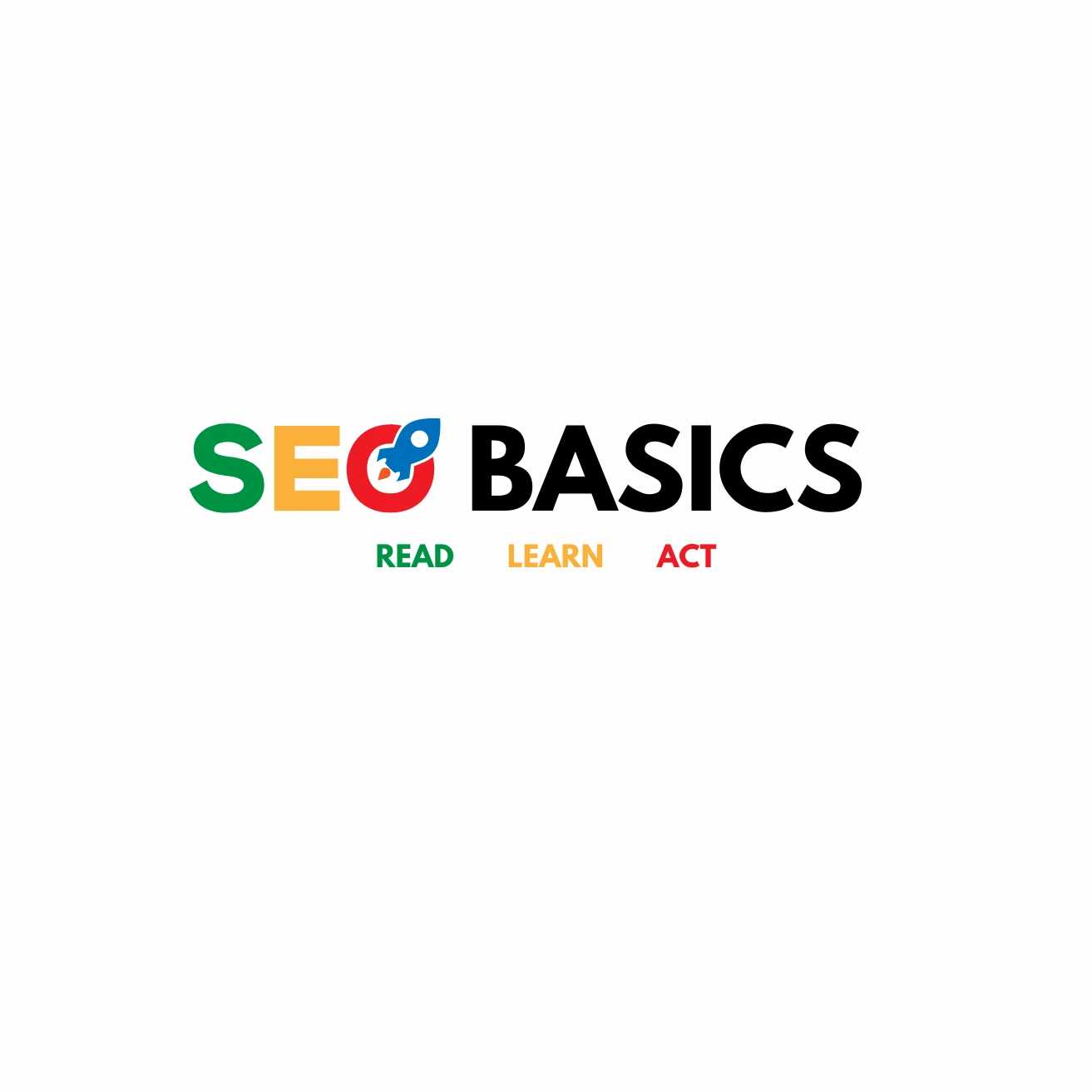
SEO (Search Engine Optimization) is a set of techniques and strategies applied to a website in order to improve its visibility in search engines. The goal is to increase organic traffic, i.e. traffic coming from search results, and to improve the website's position in the results for specific keywords. This is achieved through various factors such as content optimization, technical improvement of the website, good backlinks and others. Practices are constantly changing as search engines evolve and adapt to provide better and more relevant results to their users. Thus, success requires constant updating and adapting to new search engine trends and algorithms. Here are the main questions we will answer in this article:
- Why is SEO important?
- How SEO works?
- How effective is SEO?
- What are the benefits of SEO for my website?
- What factors play a role in SEO?
- Which are the two SEO techniques?
- How much time does SEO require?
- How can I integrate SEO into my Digital Marketing strategy?
- How often should I check my SEO strategy?
- Why are keywords so important?
- How does Google search work?
- Black Hat SEO – White Hat SEO

Why is SEO important?
SEO is important because it acts as the guide that directs your website to the top of the search results.This isof great importance because when a website is at the top of the results, it is much more likely to be selected by users. The more users visit your website, the greater the chances of increasing visibility, sales, or traffic in the case of a blog. In addition,SEO improves the user experience by providing them with more relevant anduseful content, making their browsing experience more enjoyable and rewarding.
Finally,SEO can reduce advertisingcosts, since organic traffic derived does not require paid ads to gain an audience. Overall, SEO is vital to the success of a website online, as it improvesvisibility, user experience and reduces advertising costs.
How SEO works?
SEO works in several ways to optimize your website and make it more easily found and trusted by search engines. Let's look at some of the basic ways it works:
- Content Optimization: SEO involves creating quality and relevant content that attracts users and is readable by search engines.
- Technical Optimization:This involves improving the technical structure of your websitesuch asloading speed, beingmobile friendly and other technical features that affect the reliability and performance of your website in search engines.
- Creating Backlinks: Links leading to your website from other trusted websites can help improve its credibility and search engine visibility.
- Keyword Analysis: Research and selection of appropriate keywords help search engines understand thecontent of the website and display it to users who are relevant to your content.
How effective is SEO?
SEO is emerging as one of the most effective ways of digital marketing, as it offers substantial benefits that surpass other ways of advertising. Let's take a look at some of its main advantages:
- Sustainability and Long-term Value: SEO offers a stable and long-term approach, giving the potential for improved organic traffic over time.This enhances thevisibility of the website and leads to along-term increase in traffic and brand value.
- High ROI (Return of Investment):SEO provides one of the highest returns compared to other modes of digital advertising. Although it may take timeto fully perform, the long-term value it produces is worth the investment.
- Targeted Visibility:SEO attracts a more targeted audience since visitors arriving at the website come from natural searches that match the content on the website.This leads to higher-quality traffic and ahigher conversion rate.
- Improved User Experience: SEO often leads to improved user experience on the website. Improving thestructure of the website, adding quality content and improving the loading speed can make visiting the website more enjoyable for visitors, thus enhancing the likelihood of returning in the future.
What are the benefits of SEO for my website?
SEO offers many benefits for your website, boosting its visibility, traffic and credibility. Let's look at some of the main benefits for your site:
- Increasing Organic Traffic: One of the key benefits is increasing organic traffic to your website.Throughoptimized content andtechniques, you can improve your website's position in search results and attract more visitors.
- Increase Visibility and Recognition: By improving your website's position in search engines, you increase its visibility and awareness.This can lead to more traffic and increased external referrals.
- Improve User Experience: Optimizing the content and structure of your website improves the user experience. Visitors will be more likely to stay and interact with your content.
- Increase Visitor Traffic and Enhance Value:Through SEO, you can increase your website's traffic and enhance its overall value by attracting more visitors and potential customers.
What factors play a role in SEO?
The factors that affect SEO are many and varied, and understanding them is essential to the success of an SEO strategy. Let's take a look at the main factors that play a role:
- Content:The quality, consistency and relevanceof content are critical factors for SEO. Content must provide value to users andbe optimized for relevant keywords.
- Website structure: Thestructure of the website should be user and search-engine friendly. A well-organized website with a clean layout and easy navigation is an important SEO factor.
- Backlinks: Backlinks from other websites play animportant role in SEO. Quality and relevant links can improve the credibility and value of the website.
- Technical Factors:Factors such as website loading speed, mobile compatibility and website security affect SEO.
- Social Presence: Social media presence and social activity can affect SEO. Social media activities can improve the visibility and awareness of the website.
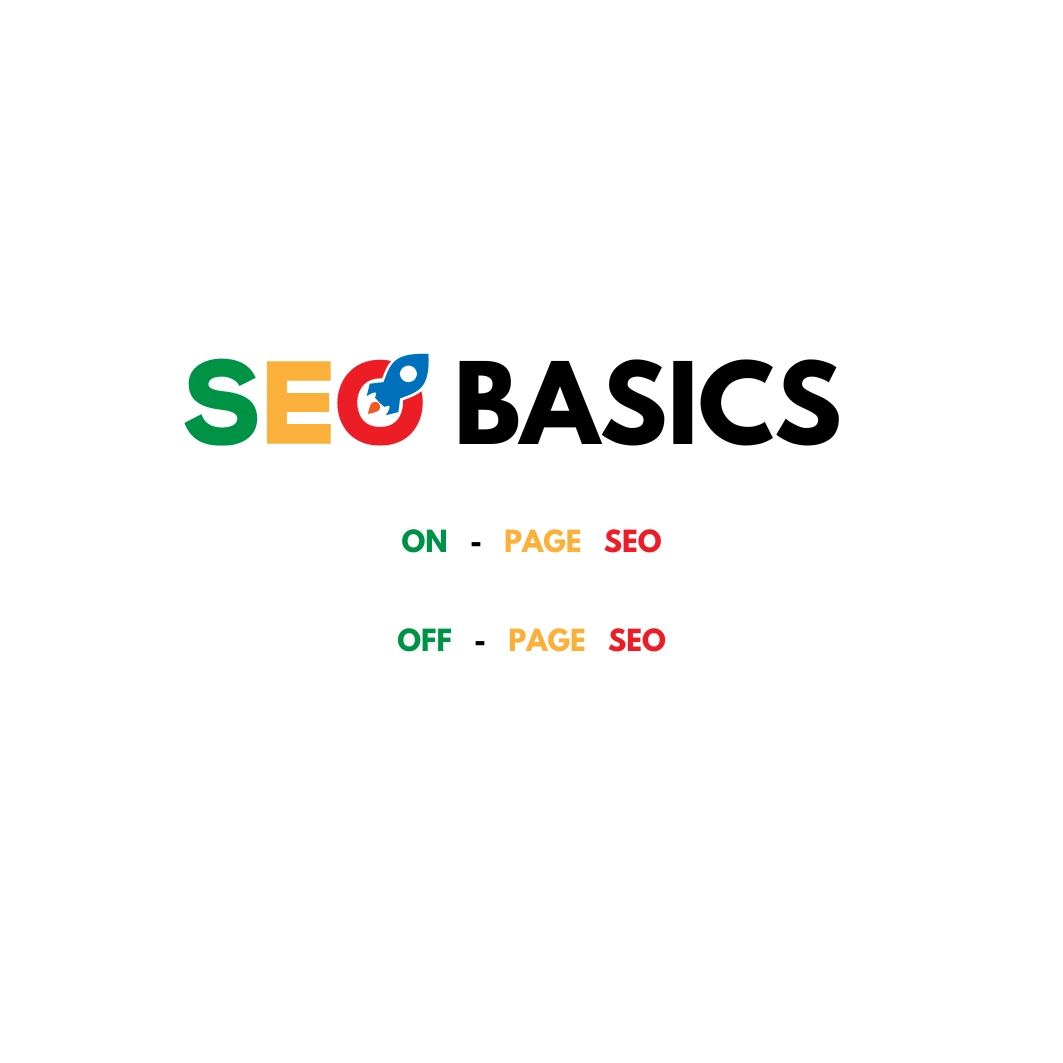
Which are the two SEO techniques?
The two basic SEO techniques are:
On-Page SEO: It involvesthe use of correct keywords in thepage title,description tag,URLs,content andALT texts of images. It also includes optimizing page load speed, optimizing thestructure of the site andproperly labeling content.
Off-PageSEO:refers to the off-page activities that affectthe position of a website in search results. These activities include creating quality backlinks from other websites, participating in social networks, and creating content that can be shared and linked to from other websites. Off-Page SEOseeks to establish credibility for the website, helping itto stand out in search engines.

How much time does SEO require?
The time required is influenced by many factors, such ascompetition in your industry,quality of content,site history, and ongoingmonitoring andoptimization. In a competitive industry, where many sitesare competing for thesame keywords, it may take longer to see visible results. Also, the quality of the content and thecredibility of the site play an important role, as search engines prefer sites with high quality and authority. Additionally, constant monitoring and optimization are essential to maintain or increase a site's position in search results. Thus, the SEO approach is a continuous and retrospective process.

How can I integrate SEO into my Digital Marketing strategy?
When considering how to integrate SEO into your digital strategy, remember that it is the key pillar for search and online visibility. Here are a few advisable ways to integrate SEO into your digital strategy:
Keyword Strategy: I suggest starting with thoroughkeyword research.Look for keywordsthat are related to your domainand have high search traffic. These keywords will lead to content that will be easy for users to find.
Content Optimization: As you create content for your website, incorporate these keywords in strategic locationssuch as the title and meta description.This will help increase your visibility in search engines.
Technical Optimization: Make sure your websiteis technically optimized for search engines.This includespage load speed,URL management andcontent refresh.
Social Networking and Presence: Use social networks to promote your content andincrease external links leading back to your website.
Analysis and Monitoring: Useanalytics tools totrack your performance and adjust your strategy accordingly.
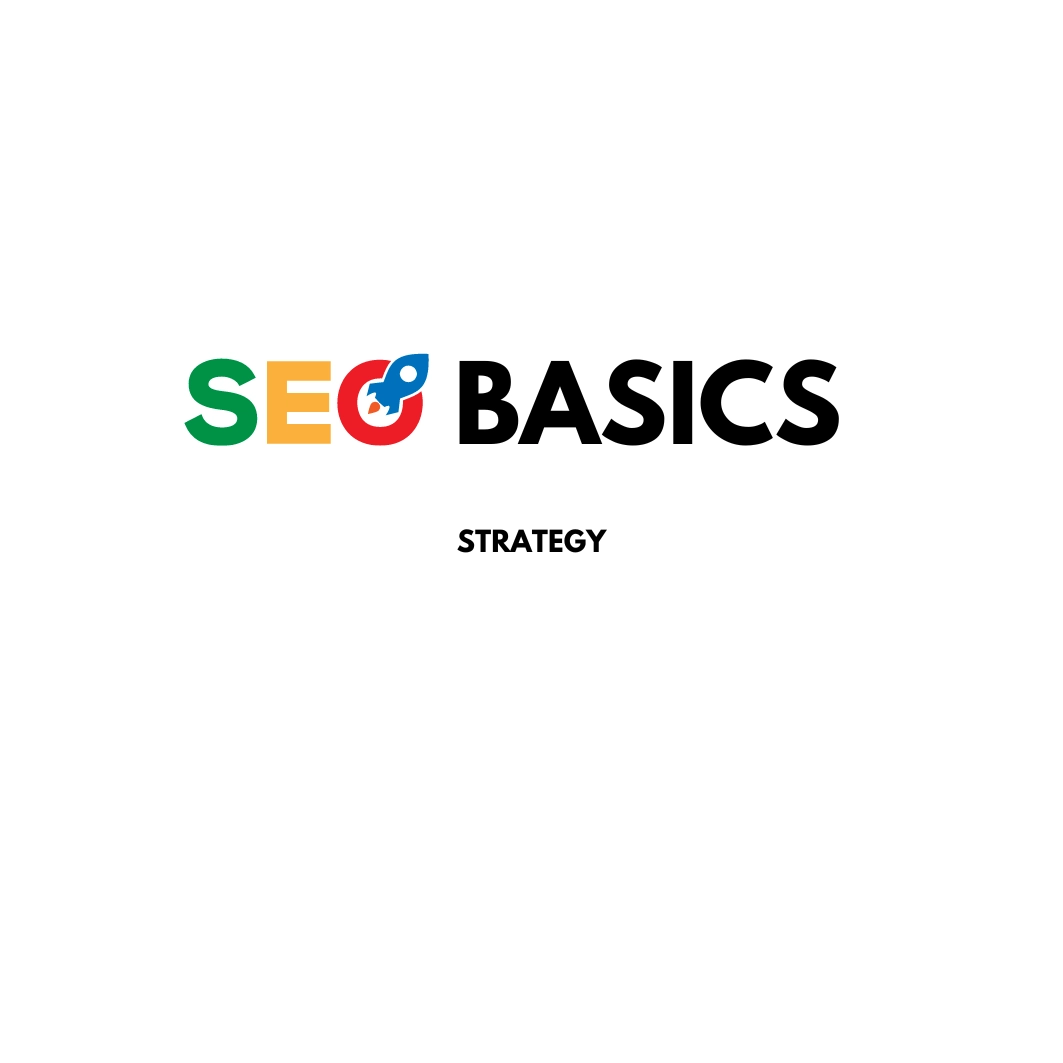
How often should I check my SEO strategy?
The frequency of your strategy audit depends on the nature of your business, the competition in your industry and the goals you have set. However,in general, it is advisable to check your strategy at least once a month.
Each monthyou canreview the performance of your keywords,organic traffic to your website, increase or decrease in visits and audience response to your content.This allows youto quickly identify any problems and adjust your strategy accordingly.
In addition, if you'remaking constant updates to your website or running new marketing campaigns, you're likely to need to check your strategy more frequently, perhaps even every week.
The most important thing is to stay open to change and adapt your strategy as needed and as your online environment and market change.
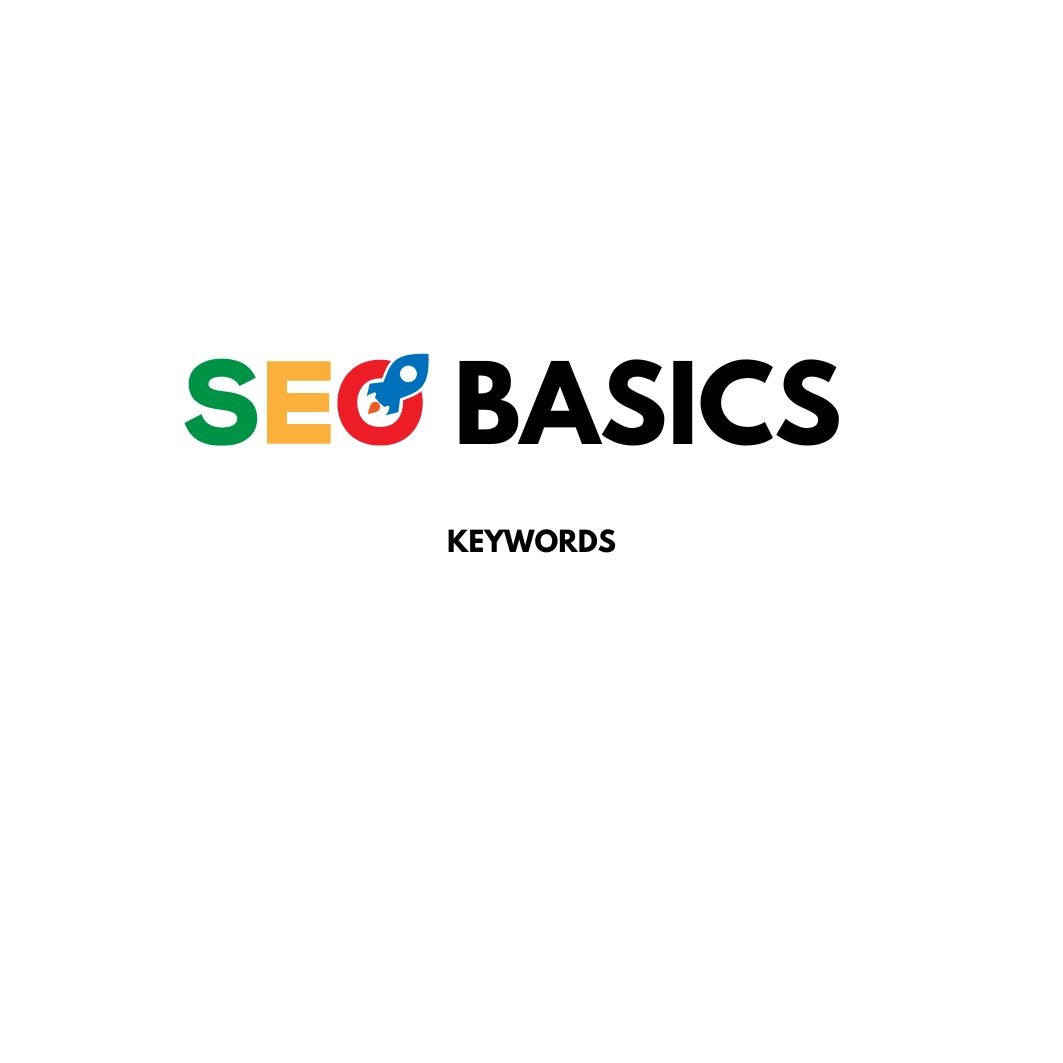
Why are keywords so important?
Keywords are essentially the bridge between users' searches and the content you provide on your website. They are important for many reasons. First,visibility, as keywords drive users to your website. Search engines look for these keywords in the content to provide relevant results.
Also, search engine rankings are affected by the quality and relevance of keywords.Using the right keywords improves rankings and increases website visibility. In addition, keywords help guide the content you create, allowing you to create content that appeals to the needs of your audience.
In addition, consistent use of specific keywords can helpbuild brand awareness. Keywords can become a kind of brand for your business online. Overall, keywords are vital for effective promotion and recognition of your website.

How does Google search work?
Google search works based on a complex system of algorithms that perform multiple steps to display the most relevant anduseful results to users. During this process, Google catalogs web pages across the internet, creates an index of their content, evaluates and ranks theseweb pages based onrelevance,content quality,reliability and other factors, and finally presents the results to users on a search results page. Although the details of the algorithm remain confidential, its general operation gives us an insight into how this process works.
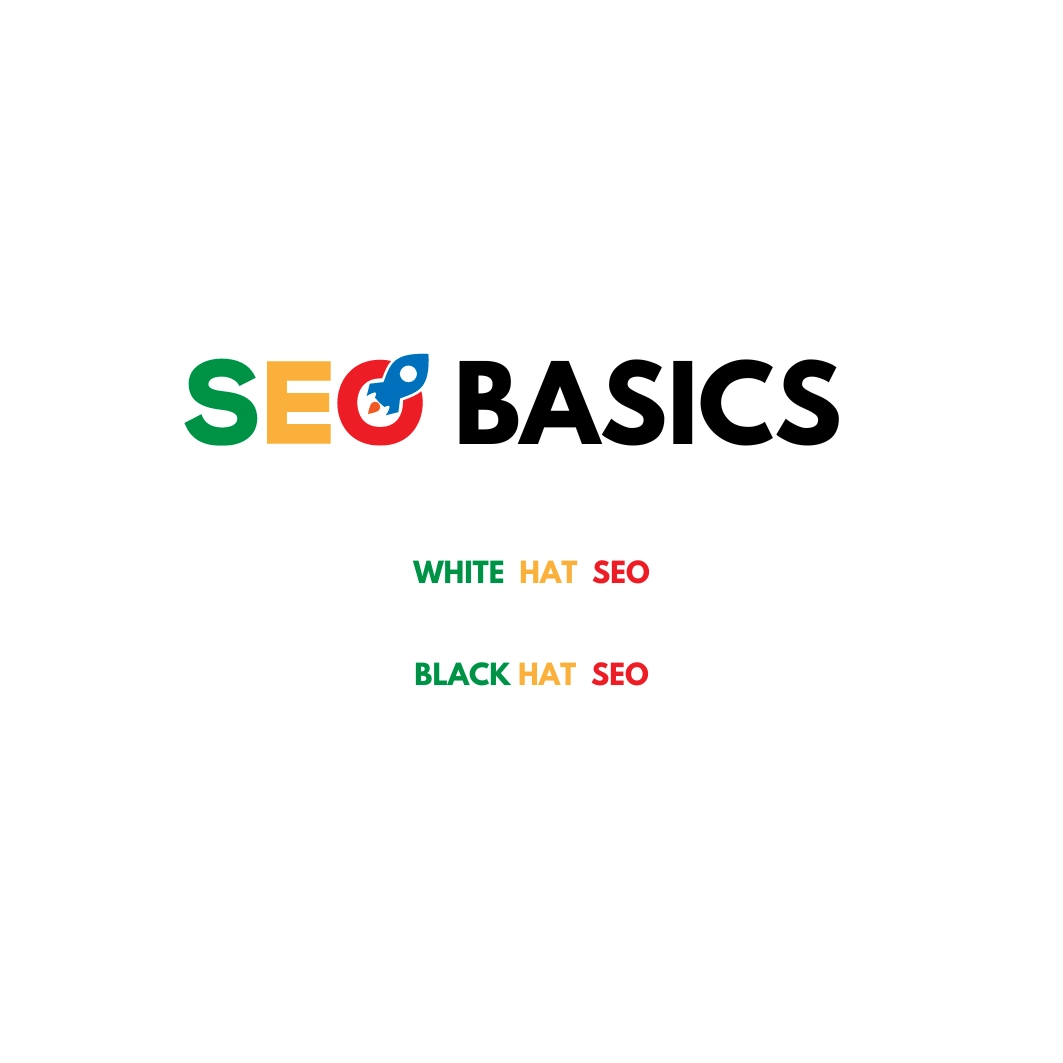
Black Hat SEO – White Hat SEO
Black Hat SEO and White Hat SEO are two different approaches to how website owners approach optimizing a website for search engines.
White Hat SEO: This approach adheres to the rules and guidelines set by search engines, intending to optimize content and improve the user experience. White Hat practices include creating quality content, improving thestructure of the website, enhancing the sources leading to the website (backlinks) and other practices.
Black Hat SEO: In contrast, Black Hat utilizes unethical or deceptive techniques to increase traffic to the website or improve search engine rankings. These practices include buying backlinks from dubious sources, using hidden text orhidden links on the website, creating unresolved content for readers but aggressively search engine friendly, etc. The practice of Black Hat can have temporary positive results but usually leads to search engine penalties such as a reduction in ranking or even exclusion of the website from search results. On the other hand, White Hat is more sustainable and longer term, as it creates a strong and reliable online presence.
We hope this article has helped you to better understand the world of SEO and the importance of optimizing your website for search engines. At Net 'n' Design, we are available to help you make the most potential for your website. Contact us today to learn more about our services and how we can help you formulate a successful strategy for your business.


